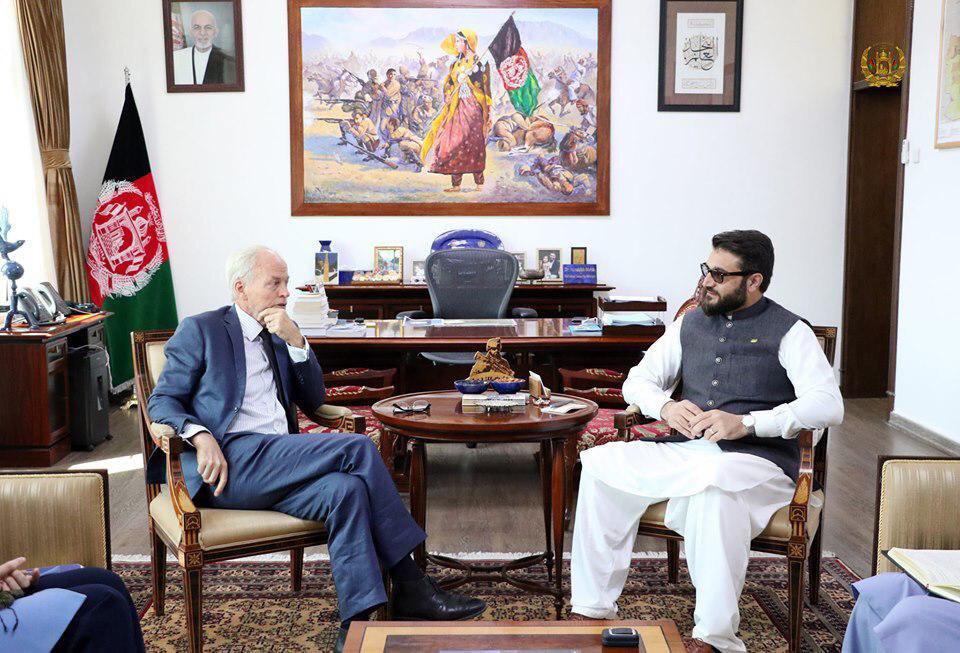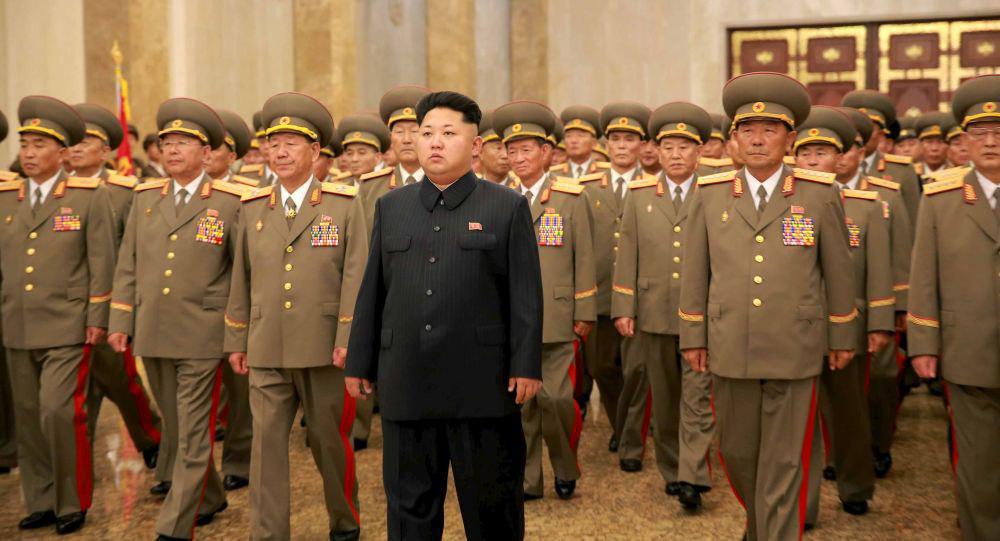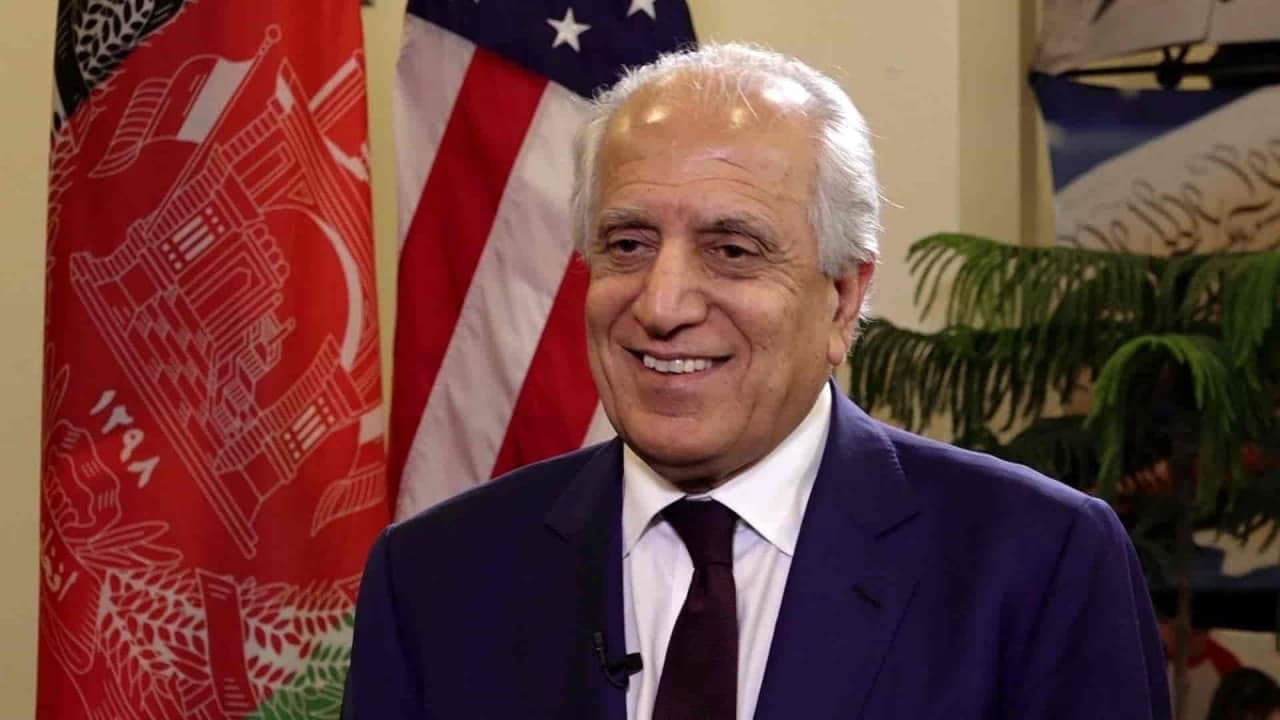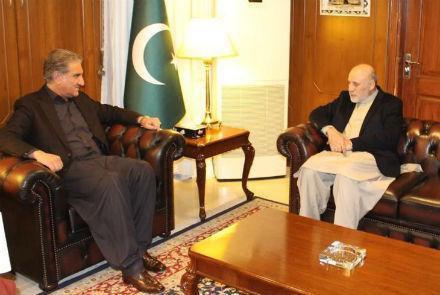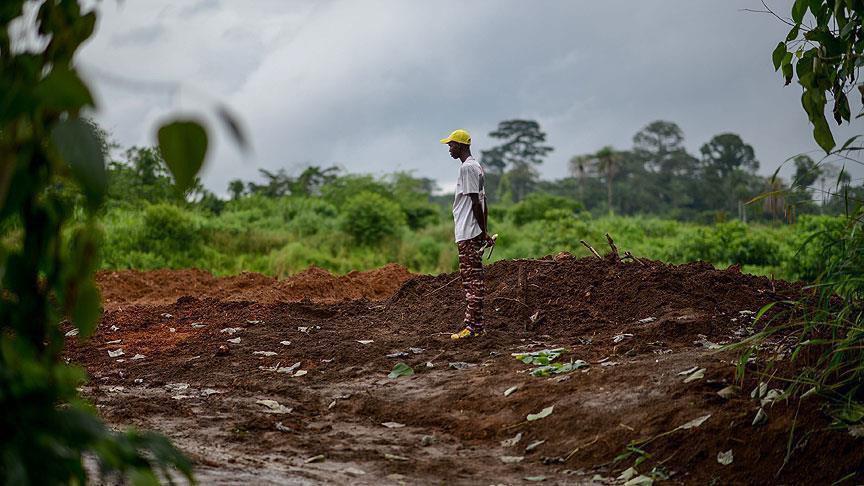Reconciliation Leadership Council:
Gov’t to be Part of National Negotiating Delegation
The Afghan government, after opposing for a while, has finally agreed to attend the upcoming Qatar meeting for talks with the Taliban as part of the national negotiating delegation.

The Afghan government, after opposing for a while, has finally agreed to attend the upcoming Qatar meeting for talks with the Taliban as part of the national negotiating delegation.
The meeting is expected to be held on mid-April in Doha, Qatar. Earlier, the government insisted on entering talks with Taliban independently; a decision which was neither supported by parties and political faces nor by Taliban group.
America and Russia were not satisfied with this decision of the Afghan government as well. For this reason, the independent delegation appointed by the government for talks with Taliban, did not succeed even once to talk with Taliban representatives; an incident which turned into a sarcasm to the government.
The government eventually launched a new round of domestic consultation for Talks with Taliban, following the pressure of US special representative on the Afghan peace process and the independent efforts made by parties and political figures.
The result of these consultations, which took nearly two months, is the formation of a “reconciliation leadership council” which decided at its first meeting that the government should participate in the upcoming Qatar meeting.
The government, however, is considered part of the negotiating delegation that is expected to be deployed to the meeting on behalf of all parties including the government, parties, political figures, women and civil society.
The first meeting of the reconciliation leadership council, which was held on April 7 at the presidential palace, has agreed upon:
1. Setting government’s red lines for talks with the Taliban group:
In this case, a committee headed by Abdul Rab Rasoul Sayyaf, a former jihadist leader, has been tasked to draft government’s red lines for talks with the Taliban group.
2. Drafting a list of members of the national negotiating team:
A committee has already been formed led by Habiba Sarabi, deputy to the high peace council. This committee is expected to prepare the draft list of the members of the delegation being sent to Qatar meeting as well as the national peace negotiating team.
3. Determining the terms of membership and development of the reconciliation leadership council:
In this regard, a committee has been formed led by M. Karim Khalili, head of the high peace council, which is expected to introduce new individuals for the council’s membership.
4. Preparing a draft for procedure and tasks of the negotiating delegation:
The reconciliation leadership council has set up a committee under the leadership of the second vice president, chief judge, and justice minister to draft the procedure and the assignments of the peace negotiating delegation.
5. Appointing a spokesperson for the reconciliation leadership council:
M. Umer Daudzai has been appointed as the spokesman of the reconciliation council during Sunday meeting.
6. Determining the date for holding the next round of reconciliation council meeting:
The members of the reconciliation leadership council also decided, during its first meeting, to hold its next round of meeting in the coming Wednesday. All drafts prepared by the tasked committees are expected to be approved during this meeting.


